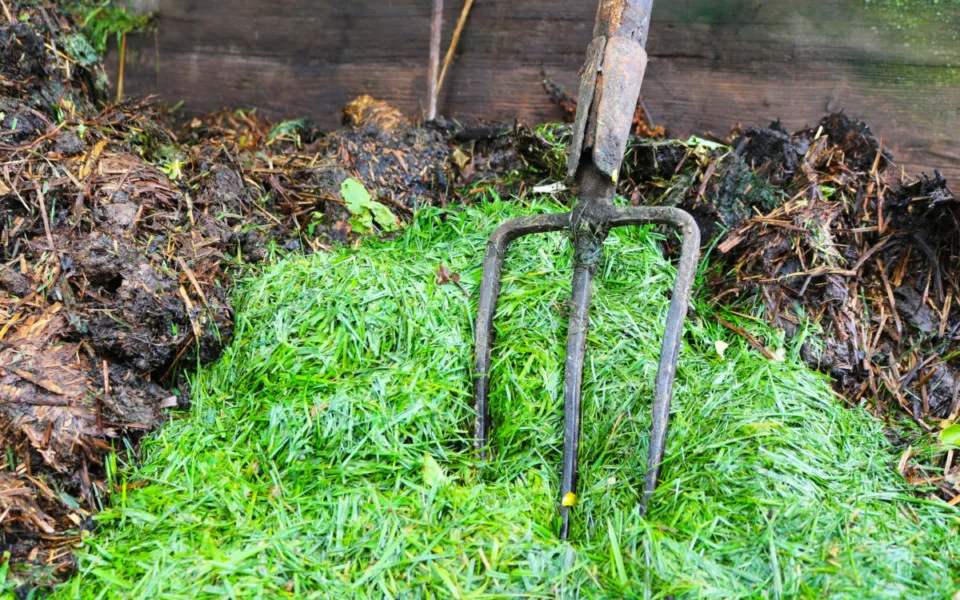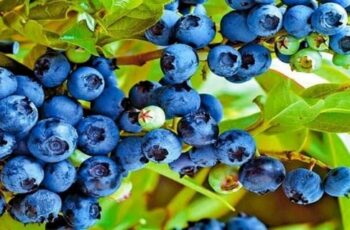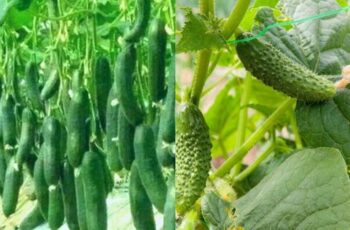Ad Blocker Detected
Our website is made possible by displaying online advertisements to our visitors. Please consider supporting us by disabling your ad blocker.
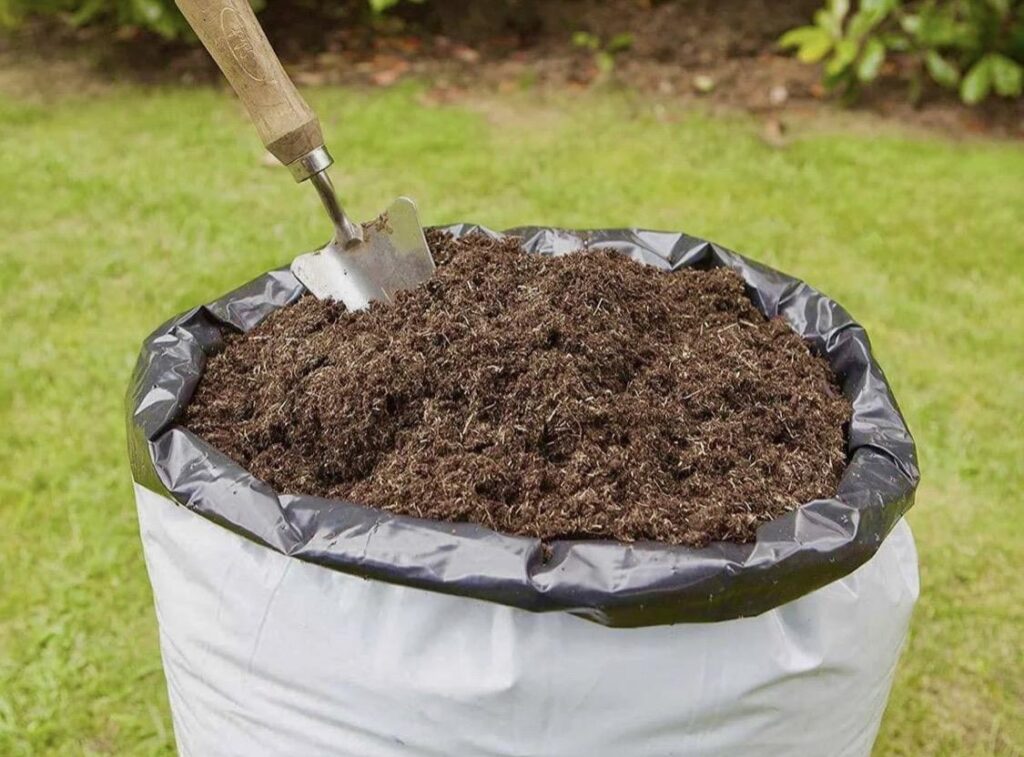
Fertilizers help the crops in your home garden get the additional nutrients they need to grow healthy and strong. If you’re looking for natural fertilizers, try using banana peels or eggshells in your home garden. Doing this ensures that your plants grow well and aren’t exposed to harmful chemicals in store-bought fertilizers.
The advent of synthetic fertilizers allows us to feed an ever-growing world, and that’s great from a global standpoint. But these days more and more gardeners are looking for natural alternatives for their own gardens. If you’re looking to opt out of using the old yellow and green box of fertilizer sold in every gardening center in America, you have plenty of natural and organic options.
If you have an aquarium, don’t dump the water down the drain when it’s time to clean it. Discarded fish tank water can be used to hydrate garden beds and potted plants. Fish waste in the water provides vitamins to the plants without requiring any additional work.
I’ve put together a list of tried-and-true natural fertilizers to incorporate into your soil-feeding routine. This is by no means an exhaustive list, and many of these fertilizers work well together.
Try experimenting by blending some of these materials to create your garden super-food. Some fertilizers will work great with some plants and not as well with others. Like much gardening, it all comes down to trial and error. The best advice I can give when adding a new natural fertilizer to your list is to keep good notes.
Let’s dive in and take a look. I’ll give you a brief overview of each fertilizer, but you can always click on each one for more in-depth information on when, how, and where to use each one.
1. Fish scraps
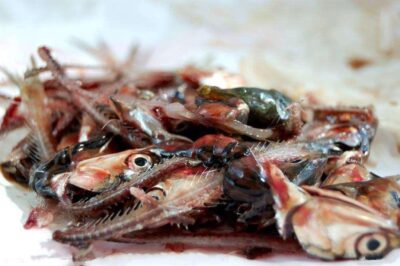
Burying fish scraps in garden soil can help boost its nutrient content. If you filet a fish, save the bones and scraps once you’re done cooking. You can puree the bones and scraps with water and milk to produce a strong fertilizing mixture.
2. Compost
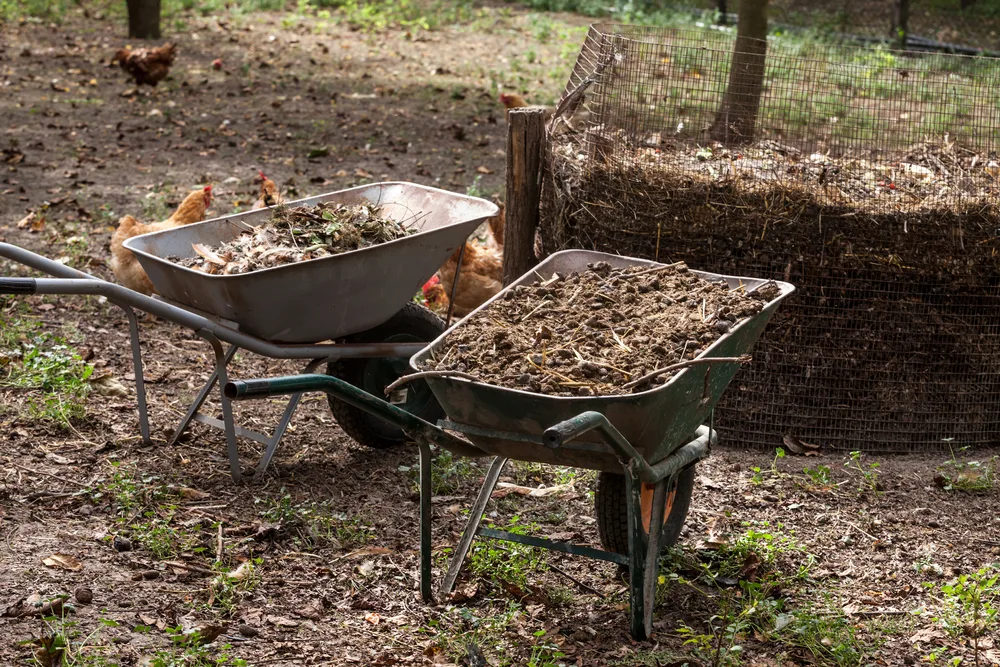
It should be no surprise that compost is at the top of our list for natural fertilizers. Using decomposing organic material to return nutrients to the soil is as old as farming itself. When it comes to amending the soil, compost really is the complete package.
Compost is rich in all three of the most important nutrients for healthy plants – nitrogen, phosphorus, and potassium. Adding compost to your soil every growing season does so much more than replenishing these key nutrients; it also helps maintain a healthy soil pH, helps the soil retain moisture, and improves the overall condition of the soil.
If you’re new to organic gardening, I highly recommend beginning your journey by adding compost to your soil, whether you are using your existing soil or using a premade mix.
While it’s easy enough to purchase compost, it’s even better to make your own; and you’ve got several methods to choose from.
3. Coffee grounds
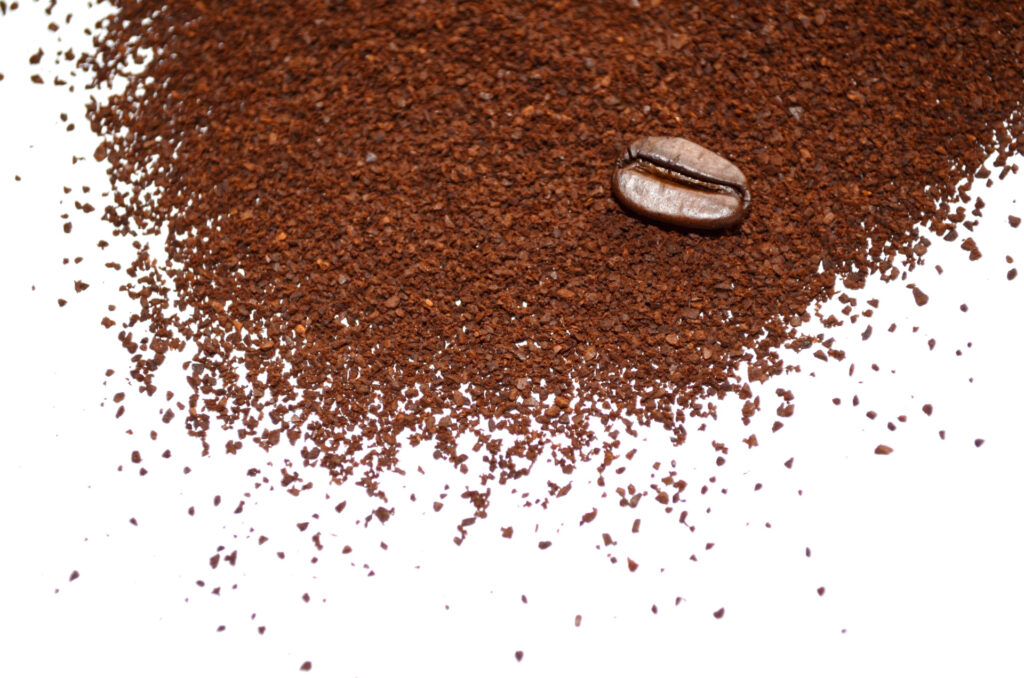
Coffee doesn’t just help jumpstart your morning. If you have coffee grounds leftover, set them aside to dry. Dried coffee grounds add magnesium, nitrogen, and potassium to your garden, which are nutrients your plants need to grow well. Acid-loving plants like azaleas, blueberry bushes, roses, and tomatoes will benefit from coffee grounds used as fertilizer.
If you live in an area with alkaline soil, spread coffee grounds in your garden to change the soil pH. Note that since coffee grounds can change the pH of your soil, this may affect plants that require a delicately balanced fertilizer. Alternatively, you can mix coffee grounds into your compost pile and let them decompose along with grass clippings, potato peels, and other materials.
4. Teabags
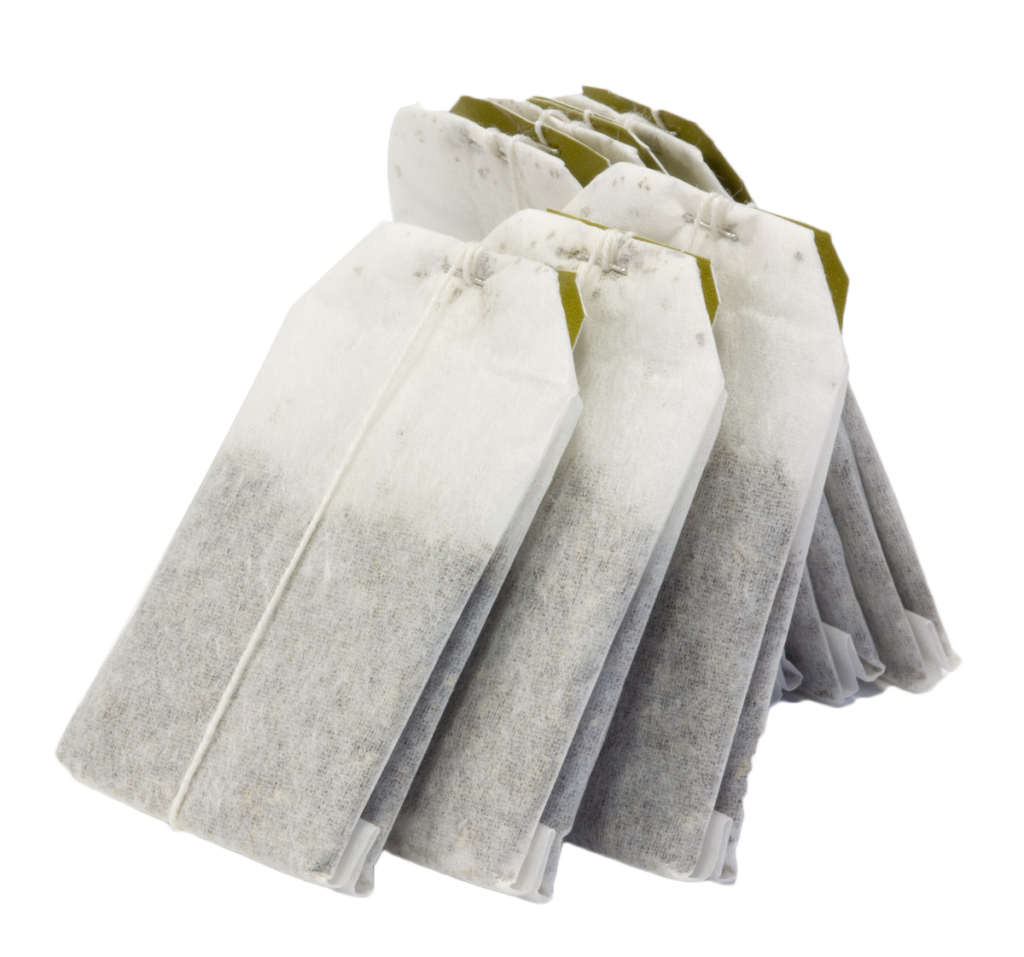
If you don’t drink coffee, you can still use tea bags as a natural fertilizer because they offer similar benefits to the soil as coffee grounds.
To fertilize garden soil with tea bags, remove the tea grounds from the bags and allow them to dry before application. According to gardeners, tea grounds are particularly beneficial for tomatoes.
5. HAIR (HUMAN/ANIMAL)
Hair is a good item to add to your compost pile, but you can also put it directly in your garden. As it degrades it will add nitrogen to the soil, and human hair can help keep the deer away.
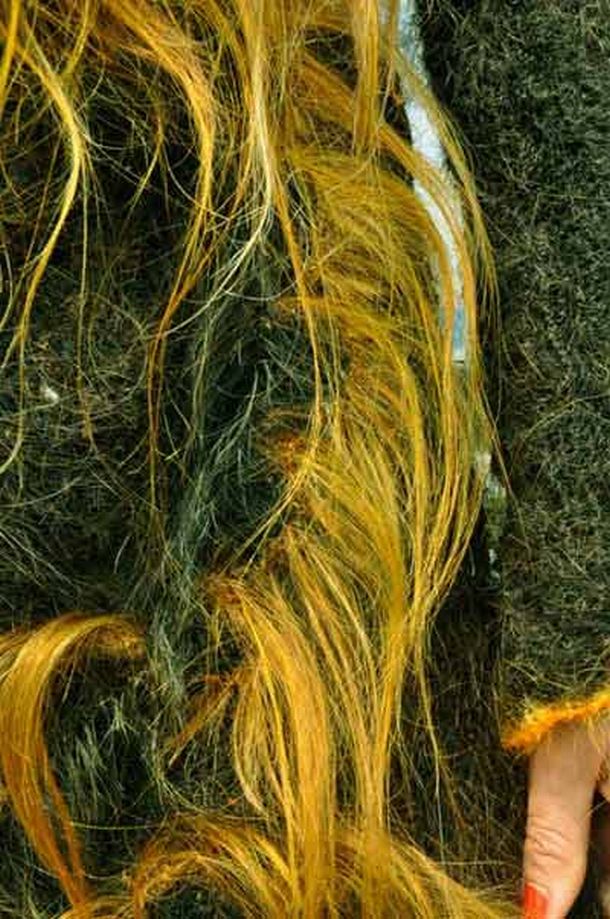
6. Wood ash
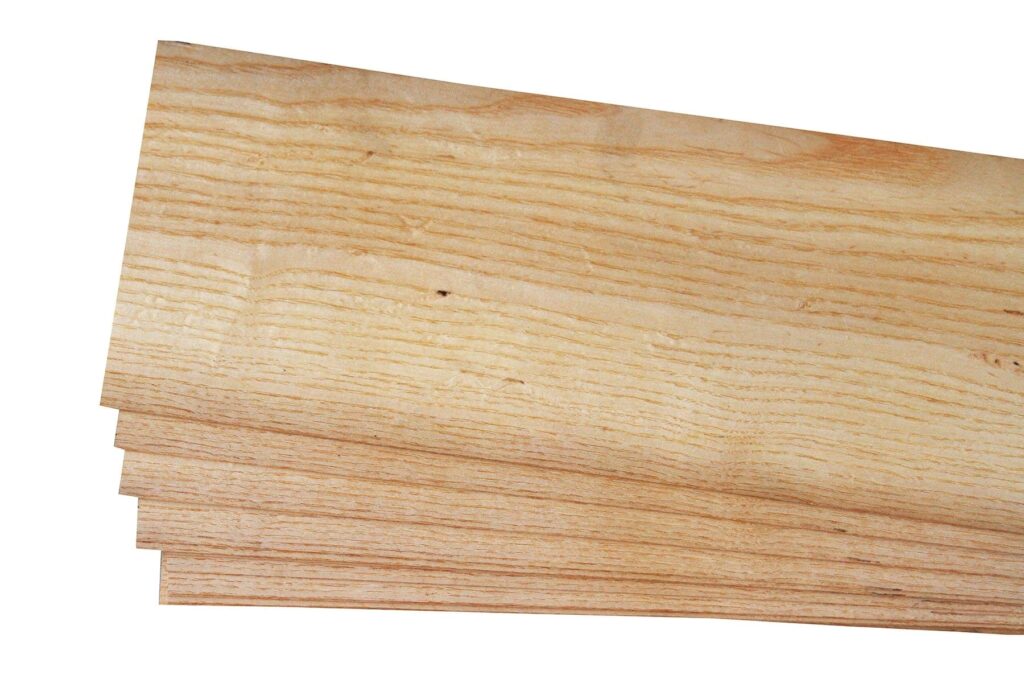
If you have a wood stove or fireplace on your homestead, you have a free source of fertilizer. Wood ash helps add calcium carbonate and potassium to garden soil. Keep in mind that you shouldn’t use wood ash if you already added other things on this list to your garden soil. Wood ash increases soil pH, so don’t use it if your soil is alkaline.
Finally, wood ash can also help keep slugs away from your plants.
Save money and grow healthy, chemical-free plants in your home garden by using nutrient-rich household items like banana peels or eggshells as natural fertilizers.
7. EPSOM SALTS
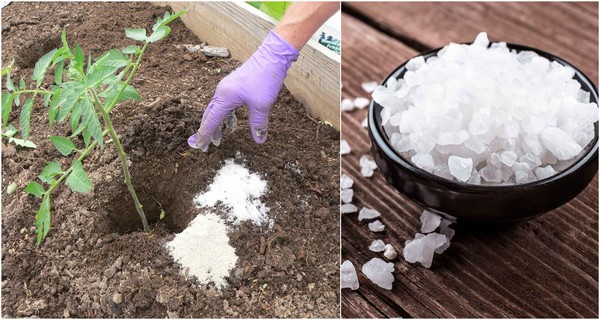
Because of the mineral components of Epsom salts, they are a great additive to your garden water. But keep in mind that the magnesium and sulfur in Epsom salts are micronutrients, and Epsom salts alone are not a good overall fertilizer for your plants.
